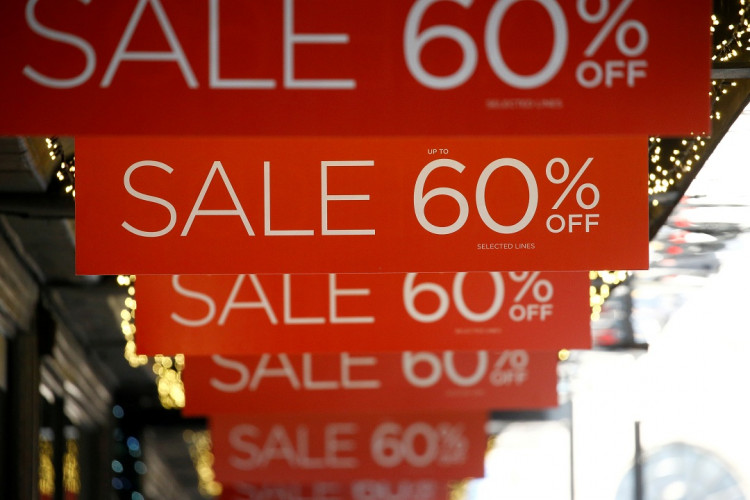China's economy is under increasing pressure as weak domestic consumption and persistent real estate struggles weigh on recovery efforts. Meanwhile, the looming return of Donald Trump to the U.S. presidency raises the prospect of escalated trade tensions, including higher tariffs on Chinese goods. These challenges are testing Beijing's capacity to implement effective stimulus measures to stabilize growth.
Data released Monday by the National Bureau of Statistics underscored the complexity of the economic landscape. Industrial output in November grew by 5.4% year-over-year, slightly exceeding expectations and marking a modest acceleration from October's 5.3% increase. However, retail sales, a key measure of domestic consumption, disappointed with a growth rate of just 3%, a sharp decline from October's 4.8% rise and far below the 4.6% projected by economists.
Dan Wang, an independent economist based in Shanghai, highlighted China's long-standing emphasis on production over consumption. "China's economic policies have been amazingly consistent in promoting manufacturers over consumers despite clear signs of lasting weakness," Wang said, adding that this imbalance could drive Chinese companies to aggressively seek overseas markets.
The real estate sector, once a cornerstone of China's growth, continues to struggle. Fixed asset investment grew by 3.3% year-to-date through November, marginally below expectations, while the sector's slump deepened, with investment contracting by 10.4% compared to the same period last year. Analysts have pointed to the prolonged property downturn as a significant drag on consumer confidence, as approximately 70% of household savings are tied up in real estate.
Efforts to stimulate the economy have produced mixed results. Recent policy shifts, including interest rate cuts and loosened property purchase rules, have yet to yield significant improvements in domestic demand. November's consumer inflation edged up by only 0.2% year-over-year, while producer prices fell for the 26th consecutive month, highlighting deflationary pressures. Imports dropped 3.9% during the month, reflecting sluggish domestic demand, while export growth slowed to 6.7%.
The political landscape adds to the uncertainty. President-elect Trump's campaign promises to impose tariffs of over 60% on Chinese goods have raised concerns about the impact on China's trade-dependent economy. Beijing's leaders are now under pressure to accelerate their long-discussed pivot toward a consumption-driven growth model, a shift that has proven elusive despite decades of rhetoric.
Recent high-level meetings in Beijing signaled a renewed focus on domestic consumption. At the Central Economic Work Conference last week, China's top leaders pledged to implement "proactive fiscal tools" and "moderately loose" monetary policies, aiming to boost demand "on all fronts." This marked the first time Beijing has acknowledged the need for loose monetary policy since the 2008 global financial crisis. The government has also committed to a five-year, 10 trillion yuan ($1.4 trillion) program to address local government debt.
Still, skepticism abounds regarding the effectiveness of these measures. "The stimulus effect has been short-lived," noted My Bui, an economist at AMP, in an email. Bui emphasized that while recent data points to GDP growth of around 5% for the year, underlying consumption sentiment remains weak due to falling home prices and broader economic uncertainty.
Analysts at Capital Economics suggested that November's disappointing retail sales figures might be partly attributable to the early start of October's Singles' Day shopping festival, which likely frontloaded consumer spending. However, they cautioned that without sustained improvements in consumer confidence, stimulus efforts might deliver only a temporary boost.
The real estate sector's performance remains a critical factor in the recovery equation. Although new home prices fell at the slowest pace in 17 months in November, analysts warn that it is too early to declare a turnaround. Stabilizing the property market will be essential if Beijing hopes to achieve its recommended 5% growth target for 2025.
Internationally, China's trade policies face additional scrutiny. The country's reliance on exports as a growth engine remains a point of vulnerability, particularly in light of potential tariff hikes from the U.S. As Julian Evans-Pritchard, head of China economics at Capital Economics, observed, "The current strength of export demand is unlikely to last once President Trump starts to put some of his tariff threats into action."






